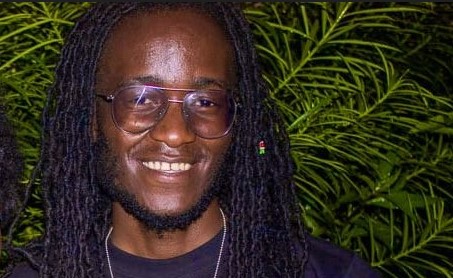Court rules picking a child's name must be jointly agreed on by both parents

Justice Hillary Chemitei observed that excluding one parent from the naming process could have psychological consequences for the child, either immediately or later in life.
A judge has ruled that one parent cannot unilaterally name a child without the consent of the other.
The ruling highlighted the importance of collaboration in naming, particularly given the dynamics of modern parenting, inter-racial unions, and the rise of single-parent households.
Justice Hillary Chemitei observed that excluding one parent from the naming process could have psychological consequences for the child, either immediately or later in life.
The ruling was made in a case where a man, identified in court documents as CKM, moved to court in August last year, accusing his spouse of naming their youngest daughter without his involvement.
CKM and his wife, SW, married in December 2012 and have five children together.
Justice Chemitei ruled in CKM's favour, affirming that both parents share the right and duty to name their child.
He ordered the couple to agree on the child's name within 30 days, failure to which the father would make the final decision, and the Registrar of Births and Deaths was directed to implement the outcome accordingly.
"The issue of names and naming is a right generally bestowed upon the parents," the judge stated. It is a right which cannot be derogated or transferred to any third party unless otherwise shown," he ruled.
The court added that though the mother is the biological parent, she cannot unilaterally take the initiative of naming the child without the father's consent.
African cultural norms
Citing African cultural norms, the judge noted that unless shown to be repugnant, naming is traditionally a joint parental responsibility and should be respected.
The dispute arose when SW registered their daughter's birth with names the father had not agreed to. She chose a feminine name of Japanese origin combined with two Kikuyu names.
The father preferred a French feminine name, a saint's name, and a third name in honour of his father, consistent with the naming tradition of their other children.
CKM told the court that he bore all medical costs related to the child's birth in April last year and feared the birth certificate would be issued without acknowledging his father's name, breaking family tradition. He argued that his right and responsibility to participate in naming his child had been infringed.
He sought a court order directing the Registrar of Births and Deaths to remove the names given by his wife and replace them with names agreed upon by both parents.
Top Stories Today










































